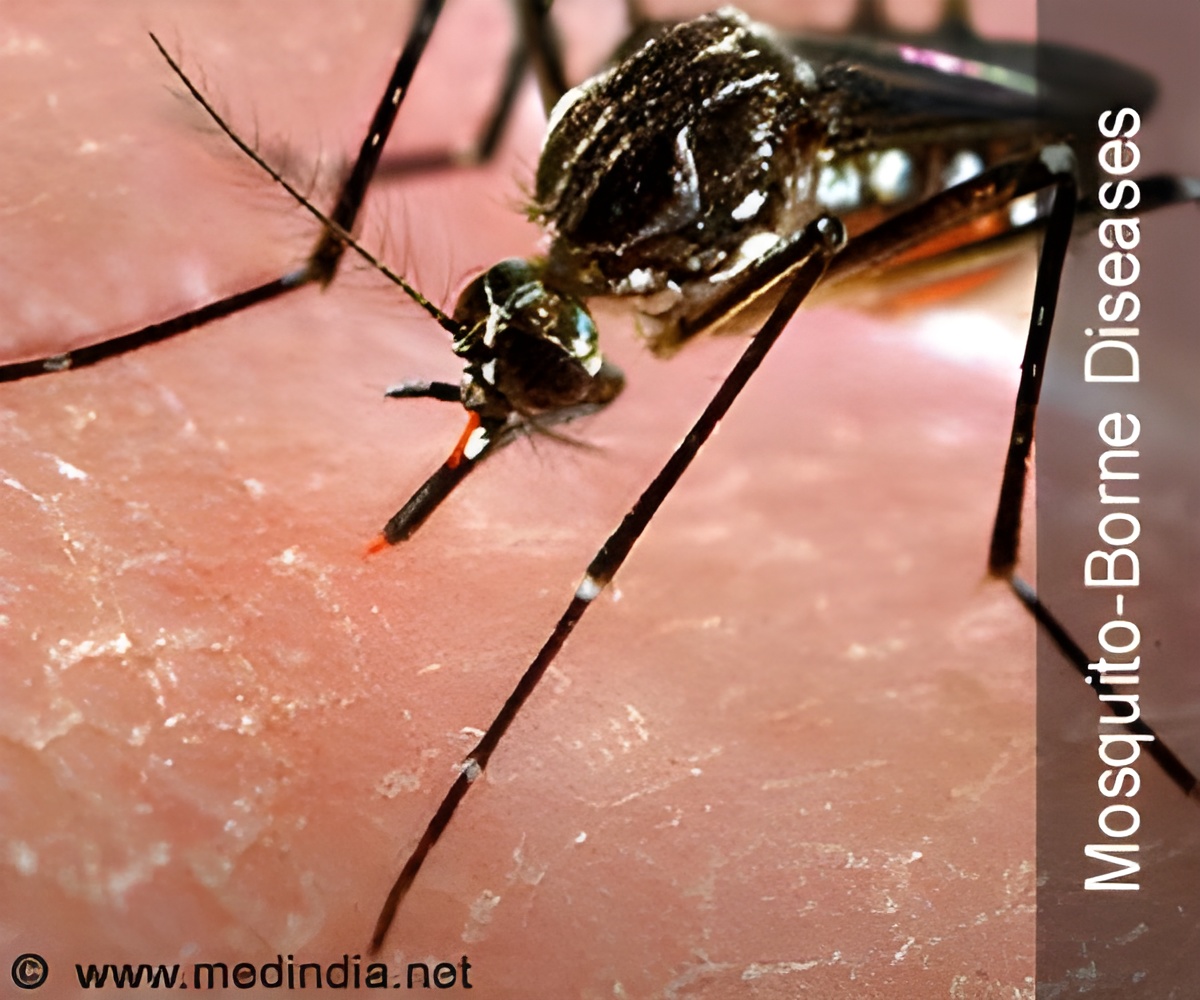Even as the battle against the mosquito-borne infectious disease malaria continues to yield impressive gains, it has also been encountering new obstacles that intimidate the progress achieved.

According to the World Malaria Report for 2014, issued by the World Health Organization on Dec. 9, the mortality rate from malaria fell by 47 percent worldwide between 2000 and 2013 and by 54 percent in Africa, where about 90 percent of malaria deaths occurred. In 2013, two countries, Azerbaijan and Sri Lanka, reported zero indigenous cases for the first time and 11 others succeeded in maintaining zero cases. The progress was accredited chiefly to more widespread use of insecticide-treated bed nets, accurate diagnostic tests and effective drug therapies. With most of the improvement occurring in 2007, there was a decline of almost 60 percent in malarial deaths in children under age five between 2000 and the end of 2013. And the mortality among children is expected to keep dropping sharply with the various measures taken.
In spite of all these measures, there were an estimated 198 million cases of malaria around the world last year and some 584,000 people died of the disease, most of them children below the age of five. The reason may be because the millions of people in malarial areas still lack bed nets or access to diagnostic tests and treatments and also because resistance to insecticides and drug treatments has been spreading.
With the Ebola epidemic threatening West Africa, the progress on malaria may also be affected because of which the W.H.O calls the gains in curbing the disease as “fragile.” Public health facilities have focused solely on Ebola in the hardest hit three countries, Guinea, Liberia and Sierra Leone, which has killed hundreds of their health workers because of which access to malarial treatments has fallen sharply in these countries. Hence, the W.H.O has recommended that anti-malarial drugs should be given to all patients with a fever, without waiting for a diagnostic test in these areas with high Ebola occurrence.
Even though funding for malarial control and elimination, from international donors and governments, has increased to about $2.6 billion from 2005 to 2013, the global malarial campaign is in need of more money to reinforce and support the health care systems in countries that are too poor to have it done on their own.
Source-Medindia












